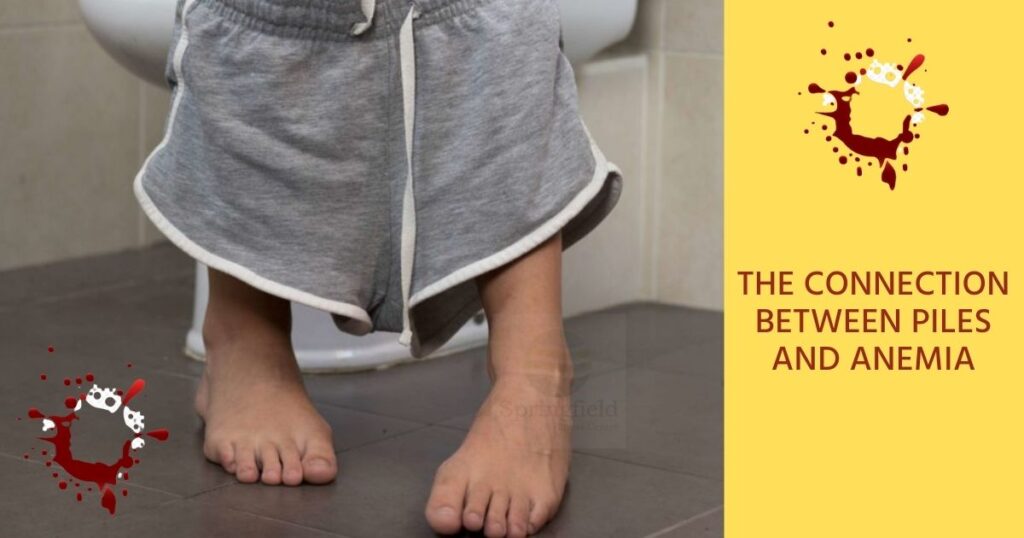When piles or hemorrhoids have reached a stage where there is bleeding, it leads to blood loss which can result in anemia. The bleeding from piles can happen in any grade and when it does happen on a daily basis, it may eventually lead to anemia. This briefly is the connection between piles and anemia. Here is more to it.
Bleeding Conditions in Piles
Ulcers, polyps, and Hemorrhoids are some of the non-cancerous conditions and cancer in the stomach, colon, rectum, and anus that can cause bleeding in the bottom region. The probability of piles causing anemia due to a worsened state albeit rare does happen. When a large amount of blood is lost from the rectal region as a result of bleeding piles, it can lead to iron-deficiency anemia. Few people after seeing blood in their motion may also stop eating adequately. This way they do not get sufficient nutrition only to have weight loss and get into nutritional anemia.
What are the general symptoms of anemia when you have piles?
- Fatigue or tiredness due to loss of blood.
- General weakness making it difficult to perform daily chores
- Pain in the abdomen or feeling a cramp
- While you strain during the bowel movement, people with severe piles can experience bleeding easily either at the beginning or the end.
Can treatment for Anemia be for help?
Substituting the bleeding with iron, Vitamin B12, and folic acid tablets, and even proper nutrition may not improve the anemia present. Iron tablets sometimes cause constipation, change in color of stool and some may not feel good popping them for months. If they have anemia present already they may end up aggravating the anemia present and hence a treatment protocol that involves just anemia treatment may not be sufficient.
Therefore, getting treated for piles alongside treatment for anemia is the right approach. It is like addressing the root cause. Here the root cause of anemia is piles. A treatment to stop the bleeding once and for all is the right thing to do.
Proper Nutrition & Iron Supplements
Have foods that are rich in iron sources. Heme or animal source iron like blood and marrow, eggs, liver, red meat, etc, are a good source of iron. If you are vegetarian, dark leafy greens, any dark-colored veggies, cooked beans, pomegranate, dates and raisins, pumpkin seeds, etc, are a good source of iron.
When a person is anemic, no amount of iron-rich food is sufficient to cure the anemic condition. Hence you need to regularly take the iron supplements as recommended by your physician to quickly recover from anemia. If your anemia is termed as severe by your physician, then you may have to be under prolonged medication till such time your iron content in the blood is deemed to be normal. Therefore include all iron-rich foods in your diet mandatorily so that your body is accustomed to getting regular iron.
Treat your piles
As a parallel measure, check with a piles specialist near you and determine how the bleeding can be stopped. If the piles surgeon is of the opinion that the stage of piles you are in requires surgery, just go for it. Alternately, if the surgeon says that your piles can be managed by medications along with proper food rich in fiber, staying hydrated, taking a sitz bath, etc, then go for it. In a nutshell, get treated for both piles and anemia so that you lead a normal life over a period of time.
